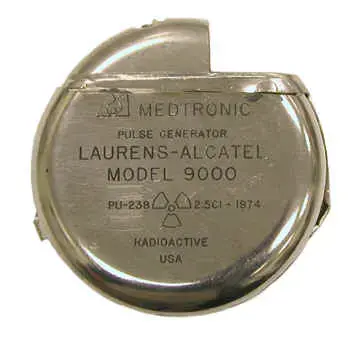this post was submitted on 03 Nov 2023
119 points (100.0% liked)
Technology
37711 readers
145 users here now
A nice place to discuss rumors, happenings, innovations, and challenges in the technology sphere. We also welcome discussions on the intersections of technology and society. If it’s technological news or discussion of technology, it probably belongs here.
Remember the overriding ethos on Beehaw: Be(e) Nice. Each user you encounter here is a person, and should be treated with kindness (even if they’re wrong, or use a Linux distro you don’t like). Personal attacks will not be tolerated.
Subcommunities on Beehaw:
This community's icon was made by Aaron Schneider, under the CC-BY-NC-SA 4.0 license.
founded 2 years ago
MODERATORS
you are viewing a single comment's thread
view the rest of the comments
view the rest of the comments

I wish I remembered the details, but I read a couple years ago about new batteries using the same sort of principal.
It was being studied as a way to handle a specific part of radioactive byproduct from nuclear power.
You sandwich the tiny radioactive bit in materials to generate a charge, and the whole thing is encased in conductive man-made diamond.
A battery the size of a half dollar coin could generate roughly a watt of power for, ostensibly, up to hundreds of years.
The big seller beyond its lifespan is that the diamond is dense enough to shield the tiny amount of radiation inside.
Incredible potential that probably wont be realized in consumer goods for decades. Just think about never having to change the battery in a remote ever again. Or even a lot of wireless smart home sensors and devices.
A shocking amount of things take very little power. Air tags that never die. E-book readers. You could make super dim puck LEDs that are always on and can go anywhere for illuminating pathways.
You could never scale it much in size/output because the diamond encasing would become disproportionately heavy and expensive, but for anything 1.5 Watts and less, and possibly up to 3 Watts or so, could be totally feasible.
to put that into some interesting context that's about what your cell phone uses if you go through the battery over 24hrs. With a battery or big capacitor to act as an accumulator you could in theory have a smart phone that never needs charging, or rarely when you use it a lot in one night.
This article poses the idea of a universal smartphone battery.
Remember when we could just remove and swap the battery? Now we could go back to that, removing the part where we charge it and the battery just... does it.
Not quite there yet, but holy hell this looks far more promising than most things we get. The idea of getting away from cell batteries entirely is... momentous.